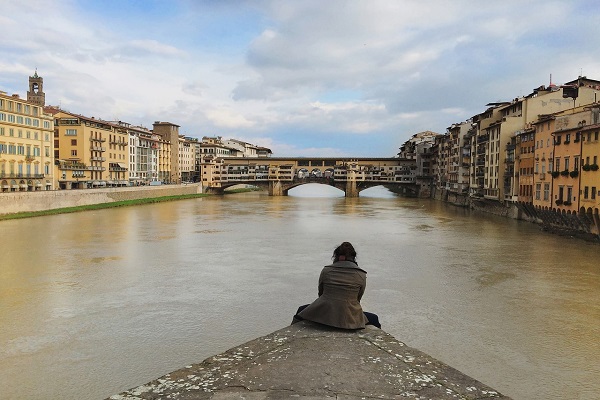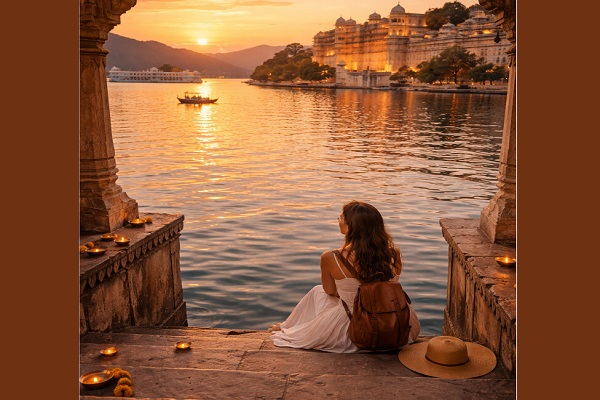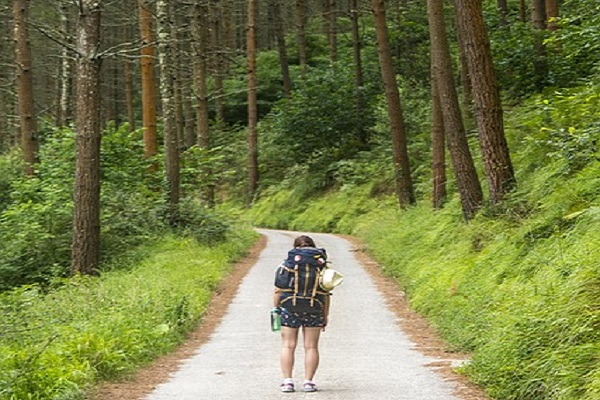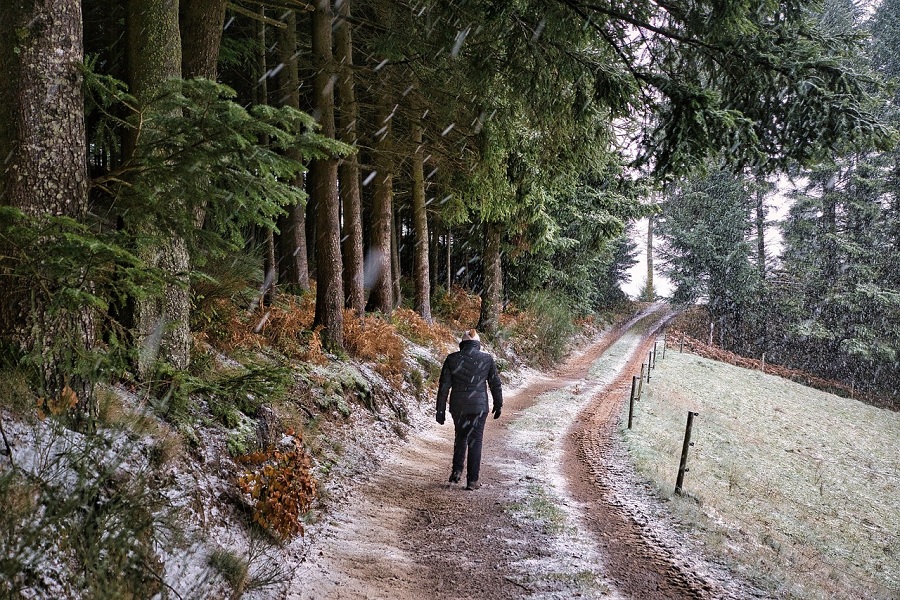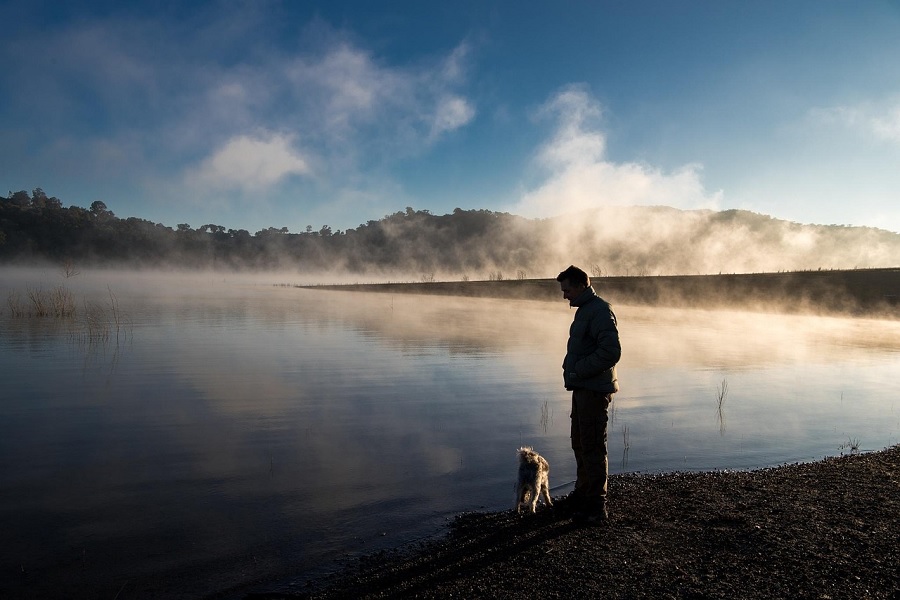Finding Yourself in Foreign Lands: The Psychology of Solo Travel

Solo travel is more than just booking a flight and heading off without company—it's a journey of self-discovery, mental transformation, and emotional growth. While the idea of traveling alone may sound daunting to many, psychologists and frequent solo travelers alike agree that going solo can be deeply enriching, even life-changing.
This article dives into the psychology behind solo travel and how it can reshape your sense of identity, increase self-confidence, and help you better understand the world—and yourself.
Why People Choose to Travel Solo
In today’s hyper-connected, fast-paced world, solo travel offers a rare opportunity for uninterrupted introspection. Travelers often go solo to:
Escape the routine
Heal from heartbreak or burnout
Seek clarity during major life transitions
Test their independence and resilience
Reconnect with themselves
According to psychologists, time spent alone in unfamiliar environments boosts self-reliance, mindfulness, and personal insight. You’re forced to make decisions on your own, adapt quickly, and reflect on your emotional reactions—all of which build inner strength.
The Psychological Benefits of Solo Travel
1. Increased Self-Awareness
With no one to influence your choices, you learn what you genuinely enjoy. Do you prefer sunrise hikes or midnight strolls? Art museums or street markets? These preferences often get lost when traveling with others.
2. Enhanced Confidence and Problem-Solving
Navigating a foreign subway system, ordering food in a new language, or figuring out directions in a strange city all require quick thinking. Each small success boosts self-esteem and develops a stronger, more capable version of you.
3. Emotional Resilience
Traveling solo doesn’t always go smoothly—missed flights, language barriers, or loneliness can creep in. But overcoming these obstacles teaches patience, flexibility, and emotional endurance.
4. Mindfulness and Mental Clarity
Without social distractions, solo travelers are more present. Watching a sunset, sipping tea at a street-side café, or journaling on a quiet beach becomes a meditative experience that clears the mental fog of daily life.
Places That Spark Self-Discovery
Not all destinations are created equal when it comes to self-exploration. The best spots for solo travel are those that offer both introspective quiet and immersive experiences:
Kyoto, Japan – Serene temples and Zen gardens for spiritual reflection.
Reykjavik, Iceland – Solitude in nature with volcanoes, hot springs, and the Northern Lights.
Bali, Indonesia – Wellness retreats, yoga sanctuaries, and spiritual awakenings.
Lisbon, Portugal – A mix of history, art, and soulful music that encourages introspection.
Cusco, Peru – A cultural and physical journey through the Andes and Machu Picchu.
Real Traveler Insight
"I booked a solo trip to Thailand after quitting a job that drained me. I was terrified, but I ended up feeling more alive than I had in years. I rediscovered joy, strength, and curiosity." — Aditi, solo traveler and creative writer
Tips for Meaningful Solo Travel
Journal daily: Write down thoughts, emotions, and discoveries.
Disconnect to reconnect: Limit social media use.
Engage with locals: Listen more than you speak.
Be kind to yourself: Accept loneliness as part of growth.
Choose slow travel: Spend longer in fewer places to build deeper connections.
Conclusion: Finding the Real You
Solo travel is not just about exploring new destinations—it’s about uncovering layers of your identity that you may never have seen in your day-to-day life. You’ll return home not only with photos and stories but with a deeper understanding of who you are, what you value, and how you want to live.
So, pack your bag, leave the familiar behind, and let the world be your mirror—you might be surprised by the reflection you find.

















